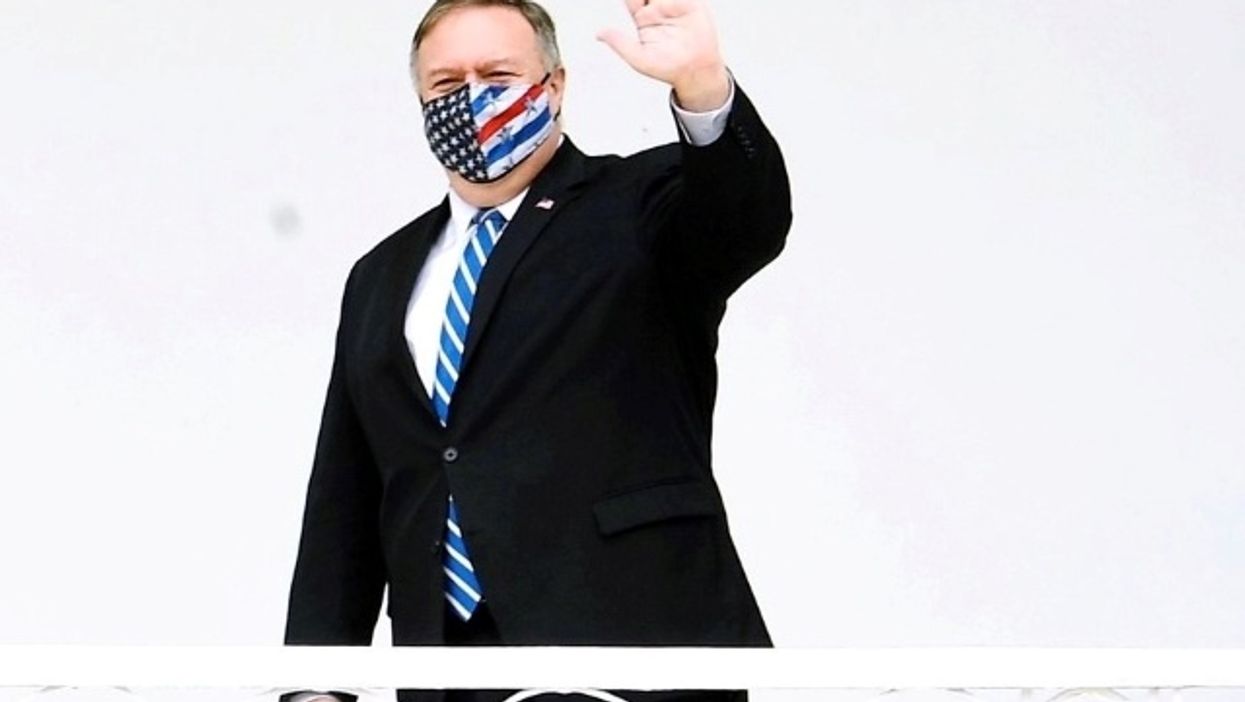By Monte Morin and Adolfo Flores, Los Angeles Times (MCT)
California’s top health officer has ordered a 21-day home quarantine for all returning medical workers or travelers who have had contact with a confirmed case of Ebola in West Africa, and invoked the possibility of imprisonment and fines if the restrictions are disobeyed.
The order, issued Wednesday by California Department of Public Health Director Dr. Ron Chapman, is the latest in a series of measures issued by state governments in response to widespread — and some say unwarranted — public fear.
Mandatory quarantines in New York and New Jersey have sparked criticism from international health groups, who say that they lack any basis in science and will merely discourage health care workers from volunteering to help fight the deadly epidemic in West Africa. Proponents, though, say that the regulations are necessary to safeguard public health.
On Wednesday, California health officials insisted that even though the order provides for unspecified penalties, the measure was not a rigid, mandatory quarantine.
Instead, county health agencies will assess the threat to public health posed by each individual and “tailor an appropriate level of quarantine as needed,” state officials said in a press statement. The order was described as a “flexible, case-by-case approach.”
“Not everyone who has been to an Ebola-affected area would be considered high risk,” Chapman said. “This order will allow local health officers to determine, for those coming into California, who is most at risk for developing this disease, and to contain any potential spread of infectious disease by responding to those risks appropriately.”
The Los Angeles County Department of Public Health confirmed Wednesday that it had received the order and would determine quarantine requirements based on directions from the state and the U.S. Centers for Disease Control and Prevention.
County health officials also said they were keeping track of medical personnel working overseas.
“Our Department is in constant communication with local agencies that coordinate ‘on-the-ground’ medical support in West Africa, and we will work with them to identify, in advance, any returning individuals to whom this order may apply,” officials said in a statement.
In an example of modified restrictions, San Mateo County health officials said Wednesday that Dr. Colin Bucks, a Stanford School of Medicine professor who recently returned from work in Liberia, has been directed to stay away from work and away from close contact with others for 21 days. However, he has been allowed “limited activity outside of his home, such as jogging alone,” a health department statement said.
Bucks must also take his temperature and contact county health officers twice a day.
The Ebola virus is transmitted via bodily fluids, such as blood, sweat and vomit, and people are only infectious when they have begun to show symptoms of the disease, such as fever and diarrhea.
The incubation period for the virus is three weeks, meaning that if someone hasn’t shown symptoms in 21 days, it is nearly certain that they are not infected.
The California order applies only to people who have traveled to an Ebola-affected area, such as Liberia, Sierra Leone and Guinea, and who have also come into contact with a confirmed case.
Chapman said the department realized that California was home to many medical workers who have volunteered to work in West Africa, and that the order should not discourage them.
“Health care workers who go to Ebola-affected countries to treat patients are great humanitarians,” Chapman said. “They will be treated with respect and dignity when they come home as these important public health actions are taken.”
The CDC recommends restricting the movement of quarantine subjects and barring them from public transportation only if they are considered to be asymptomatic, but high risk. A person at high risk has been exposed to the body fluids of a sick person while not wearing protective gear, or has been stuck with a needle or sharp object that might be contaminated.
Thomas Tighe, chief executive officer of the Santa Barbara-based medical aid group Direct Relief, said he welcomed the order. The organization supplies personal protective gear and other medical supplies to hospitals and Ebola treatment centers in West Africa.
“It’s been an open question,” Tighe said. “A lot of people ask us ‘What happens when I get back from Africa?’ It’s great to see them attempt to clarify things.”
Epidemiologist Ralph Frerichs, a professor emeritus at the University of California, Los Angeles’ School of Public Health, said he too was glad to see formal action taken on a quarantine that could also be modified depending on the situation.
“I like having the 21-day quarantine. I like starting with that hard point,” Frerichs said. “This doesn’t mean someone has to be put into a jail somewhere, or put in their house with no opportunity for leaving. It’s a common sense thing.”
Frerichs said a quarantine was important because a test for the virus might not be positive in the early stages of the illness, when the number of viral particles in the body was still relatively small.
“People often say that the medical personnel going off to Africa are doing God’s work,” Frerichs said. “I don’t discount that they’re doing very important work and that it’s selfless. The problem is, whether a person is very great or very bad doesn’t make a difference to the virus.”
Times staff writer Joseph Serna contributed to this report.
Photo: Amy The Nurse via Flickr




